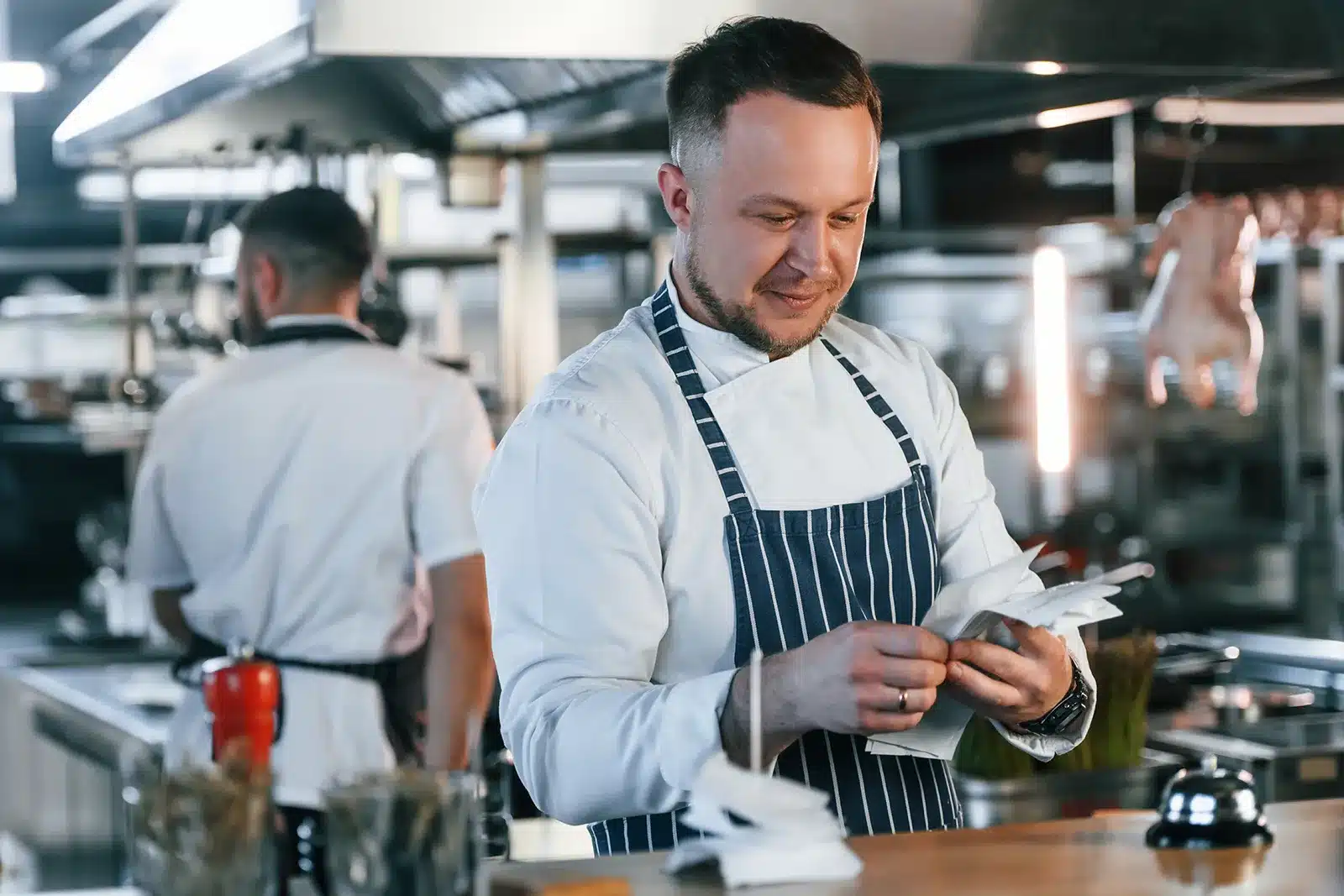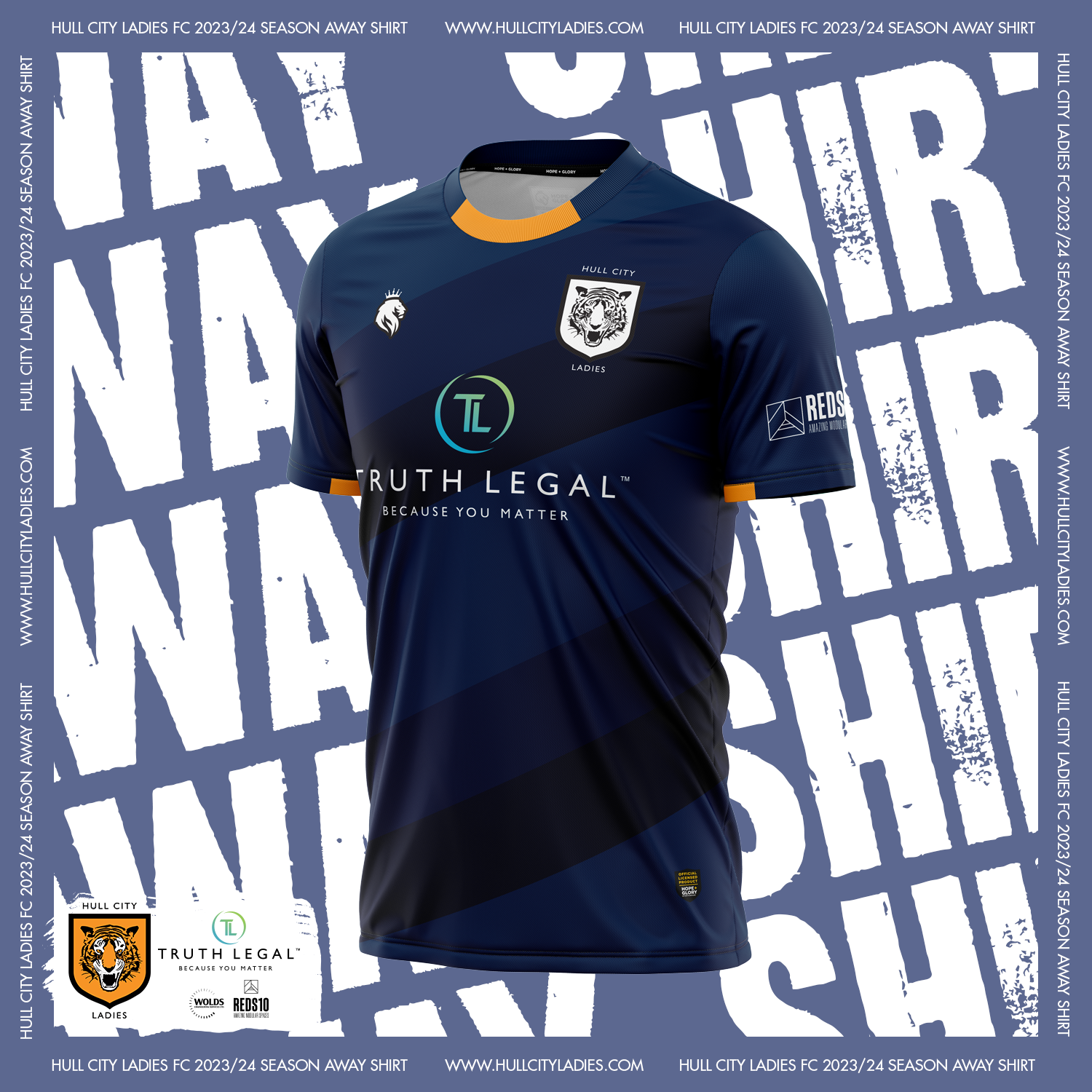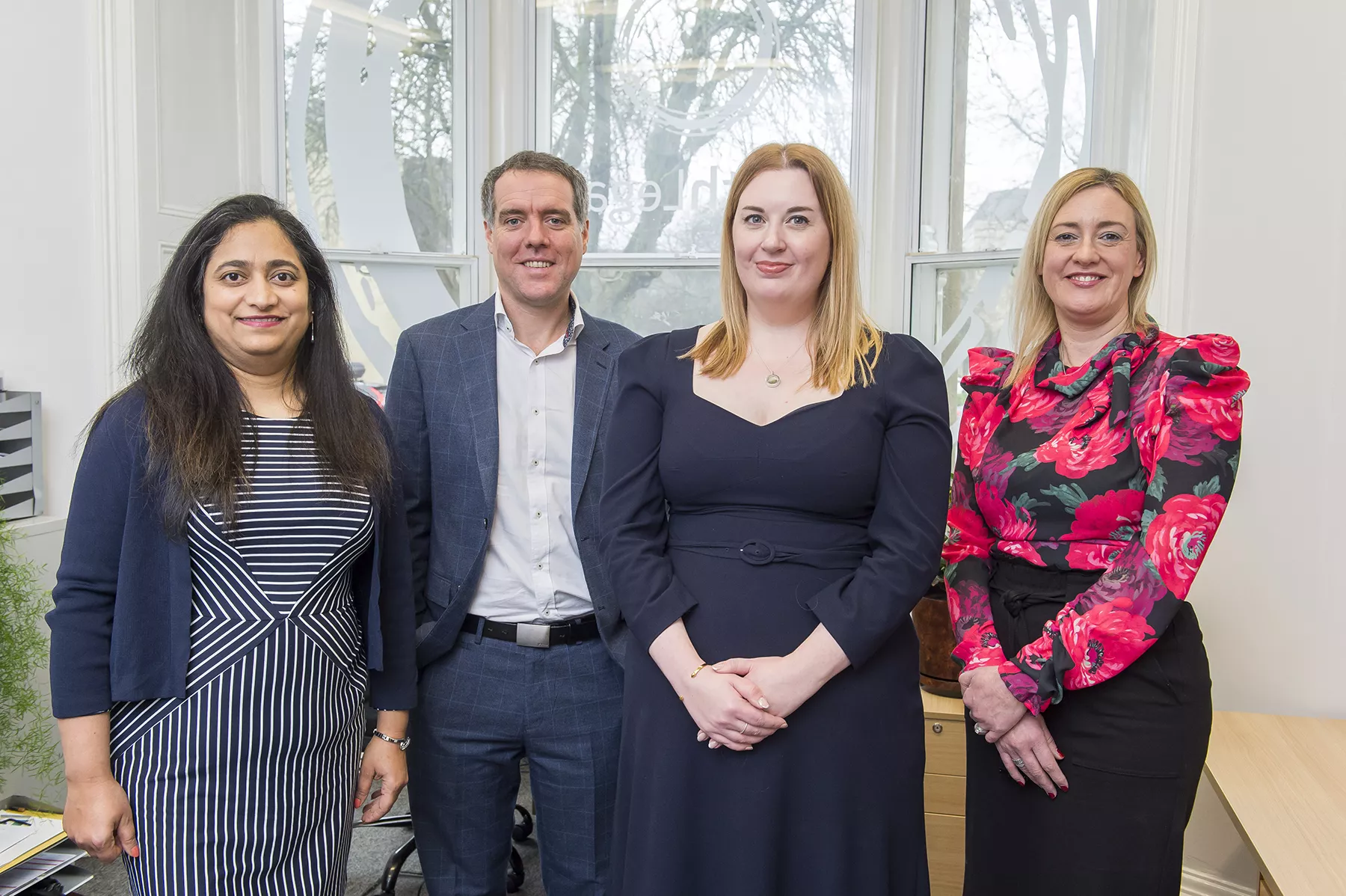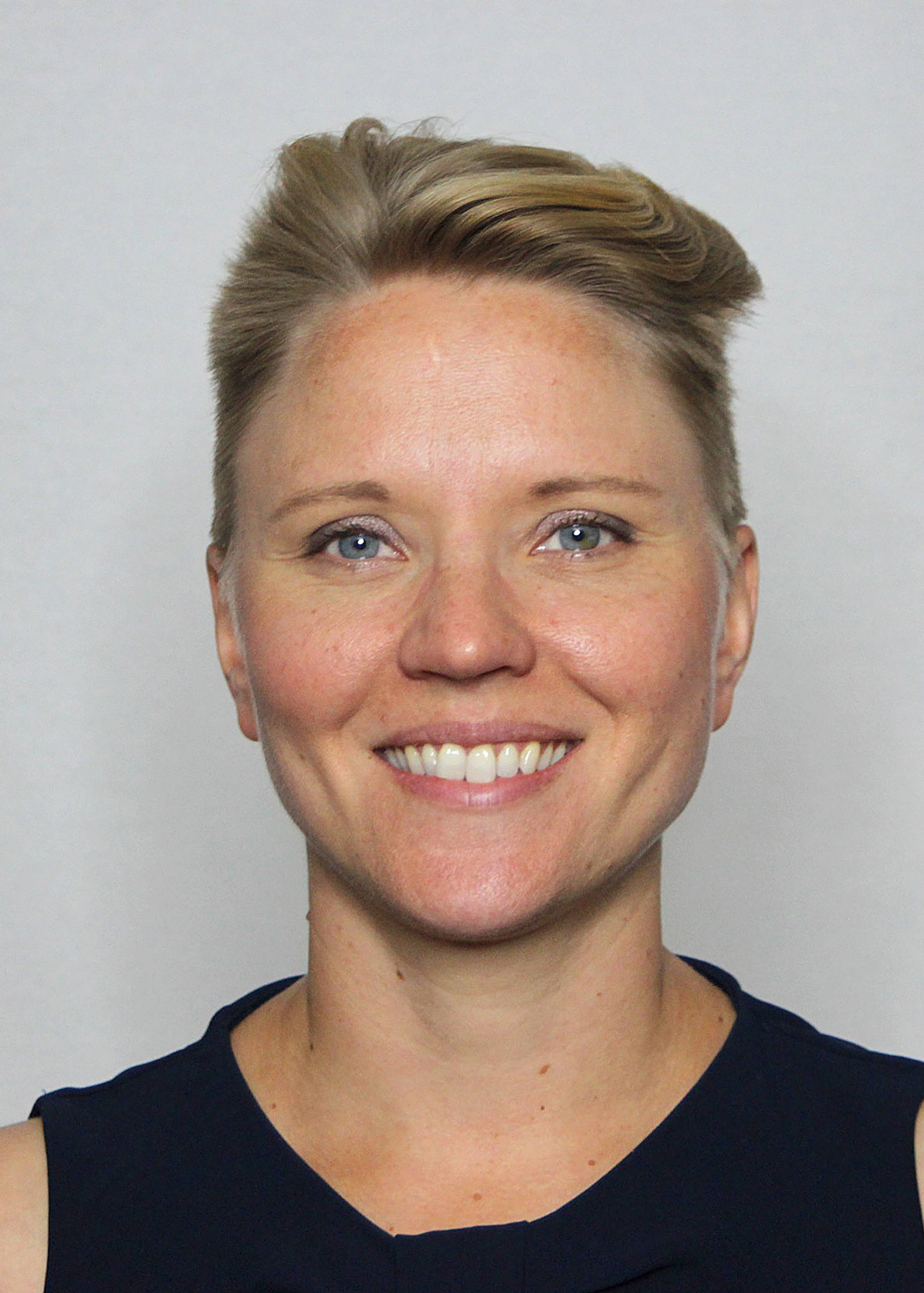Truth Legal gained widespread exposure this week when we joined a national debate on the safety of inflatable play equipment. Our Director, Georgina Parkin, was featured on the Dotty McLeod Breakfast Show of BBC Radio Cambridgeshire, after a series of incidents had highlighted the lack of policy, regulations and entry level barriers to the process of hiring and installing inflatable play equipment.
A study by BBC’s Inside Out East programme has found that 21 people have been hurt or seriously injured on inflatable play equipment in the UK since 2011. The most dramatic of these was when a seven-year-old girl died after a bouncy castle she was on blew away at a funfair in Essex in 2016. William and Shelby Thurston from Wilburton in East Cambridgeshire were held responsible for the inflatable and it was found that they had failed to secure it properly. The couple were each sentenced to three years imprisonment.

Georgina, an experienced clinical negligence and personal injury solicitor, was asked to comment on the issue after another recent case in North Yorkshire came to the attention of Truth Legal.
“The case I acted on” Georgina began, “was an incident at a Ripley Castle car boot sale where there was an inflatable slide that had been put up by a supplier to the council. The slide hadn’t been secured correctly. It was a particularly windy day and the slide blew up in the air and proceeded to knock over a number of bystanders. Luckily there weren’t any children on the slide at the time the incident happened. But I think the common theme that can be seen between the incident I dealt with and these other incidents, is that they have occurred on windy days and when the inflatables haven’t been secured correctly.”
With regards the case at Ripley Castle, the people responsible for the slide were prosecuted and it has led to a call for the industry to address a lack of policies and procedures to ensure people really know what they are doing when hiring out these pieces of equipment.
“I think the Health & Safety Executive is issuing guidance,” Georgina continued “to state that all suppliers should be using wind speed measuring equipment to ensure that the inflatables are safe to be used by children when they are put up. But I think across the industry there needs to be much more regulation in terms of who is putting up these bouncy castles, what they are using to secure them and whether the bouncy castles that are put up are actually safe for children to go on.”
No current regulations with regards hiring inflatable play equipment
Currently there are no restrictions or regulations with regards to what training people need to have before setting up these types of equipment, and Georgina has called for the industry to take some responsibility and also for parents to exercise some caution, as she explains: “You do need to obtain a licence from the local authority when hiring and setting up an inflatable, but it’s pretty much a case that you could just buy one and set one up, as long as you have the appropriate licence. I think it’s a concern, particularly when it’s equipment that is being used by children. When parents let their children play on these bouncy castles, they assume that it’s safe. So as a parent, a degree of caution should perhaps apply in these circumstances.”
Mark John is the Managing Director of Airquee, which designs and manufactures inflatables and soft play equipment. He is also the Chair of PIPA, the inflatable play inspection scheme, which is a voluntary scheme, so is not compulsory for suppliers to join. Mr John believes that creating a compulsory scheme would add costs due to the inevitable legal obligations involved, and he agrees with Georgina that the industry needs to self-police itself, particularly in terms of vetting people who hire such equipment and ensuring they have a basic level of training and are aware of essential safety procedures.
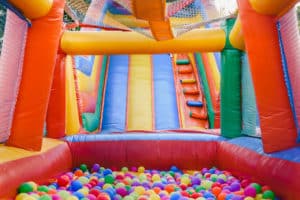
The final word on the issue came from the parent of a child who was injured on a bouncy castle, and perhaps best sums up what is required. He agrees that accidents can happen, but states that accidents where a bouncy castle is not secured should never happen.
Further Reading
From one of the UK’s most read legal blogs.


